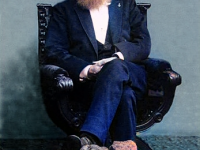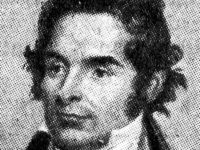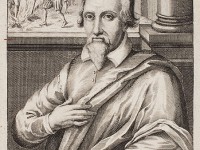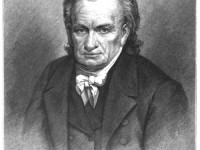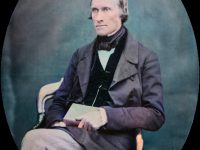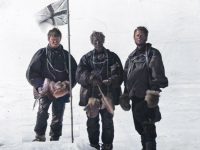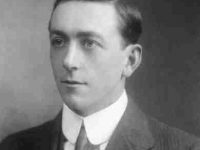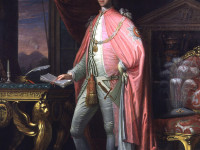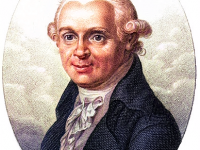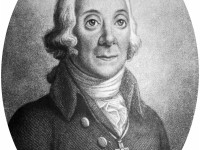Vasily Dokuchaev and Foundations of Soil Science
On October 26, 1903, (Julian Calendar) Russian Geologist and Geographer Vasily Dokuchaev passed away. Dokuchaev is commonly regarded as the father of Soil science, the study of soils in its natural setting. He developed soil science in Russia, and was, perhaps the first person to make wide geographical investigations of different soil types. “The scientific basis of soil science as a natural science was established by the classical works of Dokuchaev. Previously, soil…
Read more

